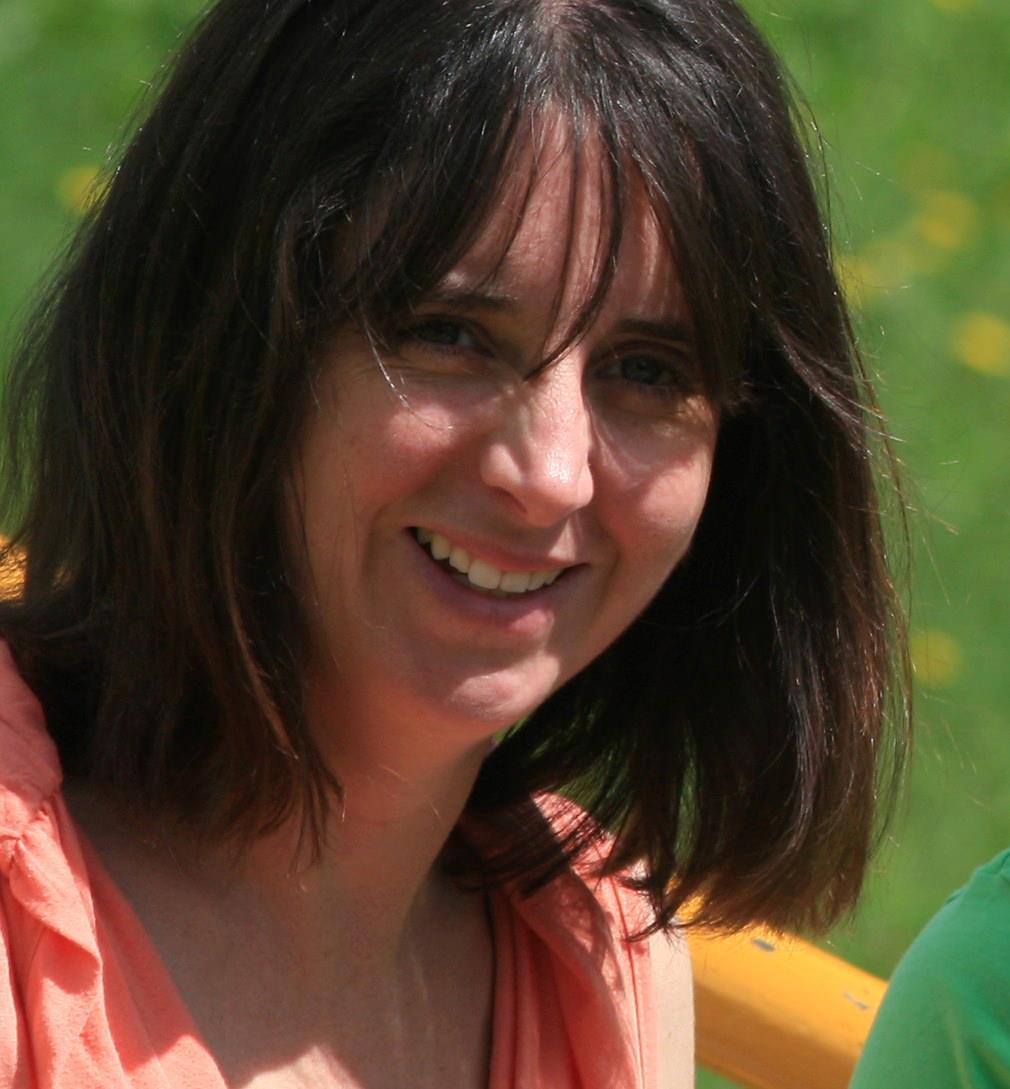
Do you do an initial assessment?
Whether we do an initial assessment is something we are often asked and the answer, is no. I believe that if a stranger tested me on something I knew I struggled with, I would feel under pressure and wouldn't perform at my full potential.
Some tutoring companies offer this assessment to establish whether you would be a good fit for them: for example companies who pride themselves on having a 100% level 9 pass rate or have a generic scheme that the child works through. However, because we work with children of all levels and focus on their individual needs, this is less important.
I know many families who get in touch do so because their child has exams coming up, but the goal by the exam is to boost the child's confidence and knowledge so they feel less of that anxiety when the day arrives. Instead, what we will do is talk to you as the parent and the child when appropriate and establish what a good starting point would be. Is there a topic they are specifically struggling with or would working through a past paper together give us a better feel of their capabilities.
Very often I would recommend starting slightly below their level of comfort so that we can prove to them what they are capable of so that they have the confidence to move on, rather than setting them up for a challenge or a fall from the outset and building up greater barriers. Then through observations, school assessments, conversations, school curriculum we can work our way forwards until we are no longer needed.
We do however, offer the first lesson as free so that it gives your child and yourselves the opportunity to establish whether this will be right for you. But also for us to establish how your child learns best and the level at which we need to set the lessons.
If you have any more questions or would like to get in touch for any reason, please do not hesitate to contact us at: [email protected]
